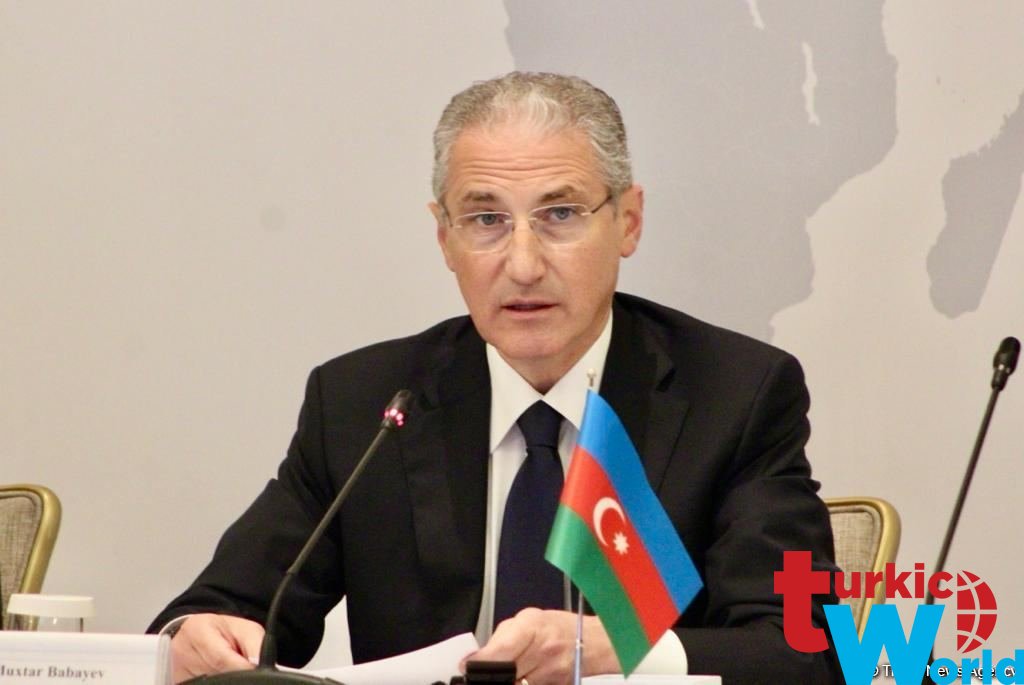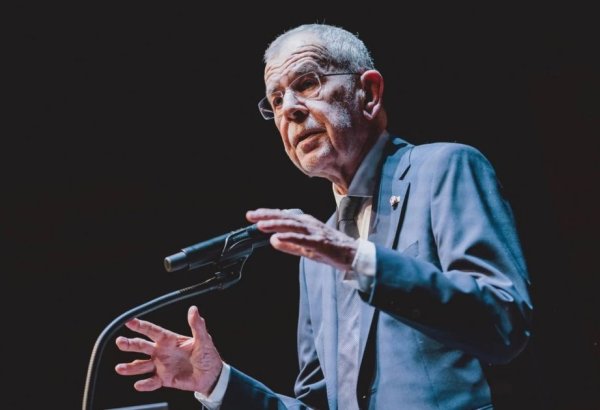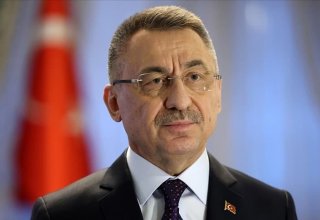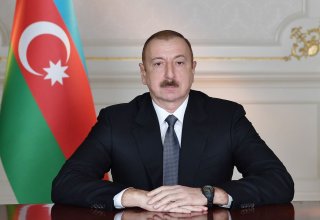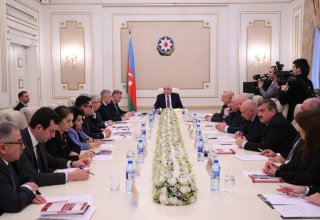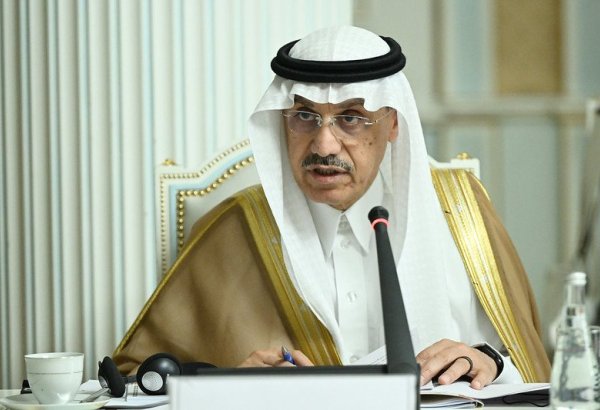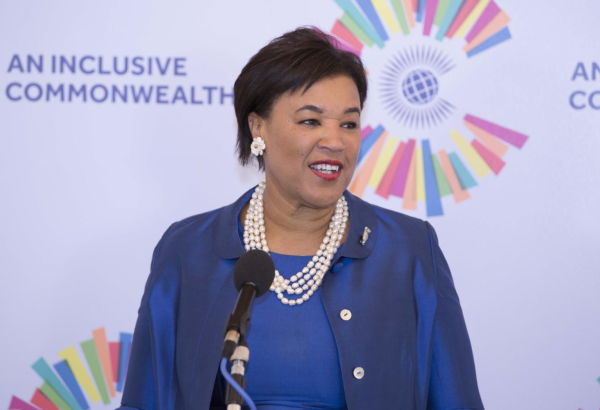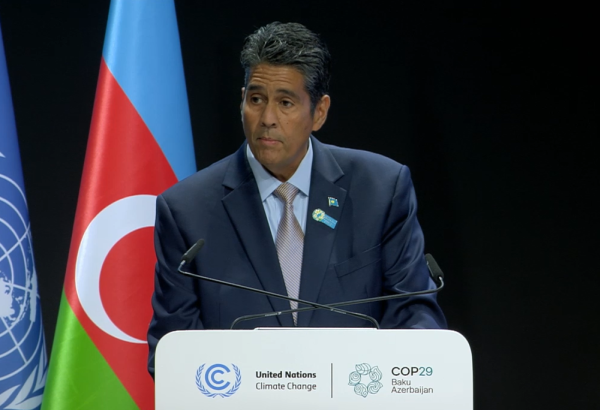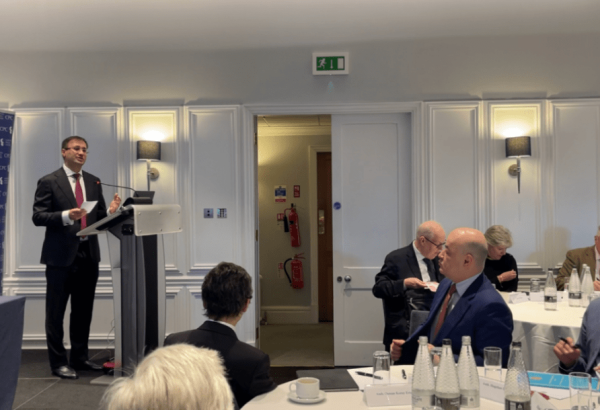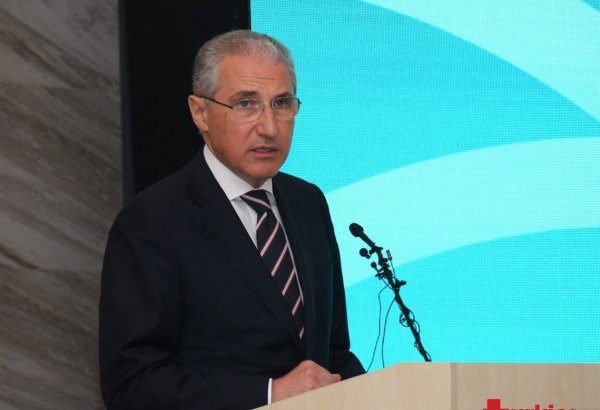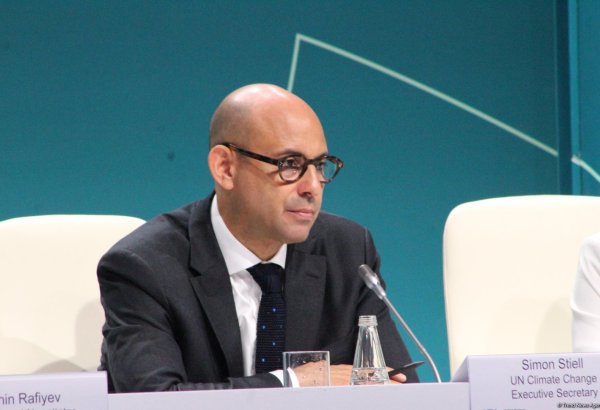BAKU, Azerbaijan, July 8. COP29 should coordinate a clear and ambitious new financial plan, Minister of Ecology and Natural Resources of Azerbaijan, President of COP29 Mukhtar Babayev said during the opening ceremony of the 18th Baku Summer Energy School at ADA University today, TurkicWorld reports.
He underlined that Azerbaijan now supports the energy transition and uses its oil and gas income to achieve long-term sustainable development.
In November, Babayev said, the entire world will convene in Baku to talk about how to limit global warming to 1.5 degrees Celsius and create a zero-emissions global economy.
"Technology development is necessary to reach zero emissions by 2050, and in this context, research conducted at ADA is crucial. The main economic task in the world is to create conditions that will effectively implement the energy transition, which is impossible without innovation and efforts towards 'green' trends," Babayev stressed.
According to him, the COP's ambitious task is to create a new climate situation that is important for air, land, and water purity.
"One of the main principles is to provide support to everyone in the fight against climate change. We'll encourage countries to develop new plans to reduce emissions, adapt to the consequences of climate change, and prepare transparent reports on their actions. Azerbaijan is working on updating its national emission reduction plan," the minister explained.
He also pointed out that during COP29, it's high time to hammer out a rock-solid and sky-high new financial plan for tackling climate change.
"This will help remove barriers that hinder many developing countries and island states in implementing the climate agenda. Effective climate financing is necessary for the good of the planet," Babayev added.
To note, this November, Azerbaijan will host COP29. This decision was made at the COP28 plenary meeting held in Dubai on December 11 last year. Baku will become the center of the world and will receive about 70–80,000 foreign guests.
The United Nations Framework Convention on Climate Change is an agreement signed at the Earth Summit in Rio de Janeiro in June 1992 to prevent dangerous human interference with the climate system. COP—the Conference of the Parties—is the highest legislative body overseeing the implementation of the Framework Convention on Climate Change. There are 198 countries that are parties to the Convention. Unless the parties agree otherwise, the COP is held annually. The first COP event took place in March 1995 in Germany's Berlin, with its secretariat in Bonn.








